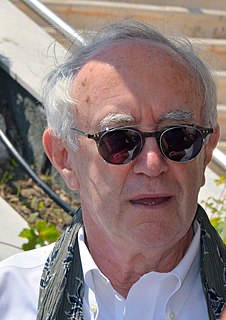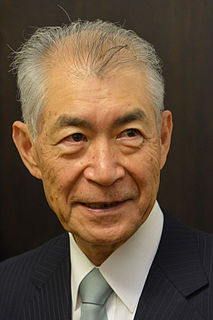A Quote by Jonathan Pryce
Related Quotes
The cognitive therapy that takes place in the film Antichrist is a form of therapy that I have used for some time, and it has to do with confronting your fears. I would say that especially the part of the film that has to do with therapy is humoristic because people who know about this form of therapy would know that the character is more than a fool.
There had been a head of the FDA (who later turned out to be a fraud) his name was Fishbein and he was rampantly opposed to any alternative therapy. He went after Hoxsey, the Hoxsey therapy back in the 1940's and 50's, and destroyed Hoxsey. But not before Hoxsey sued the AMA and Fishbein and [proved] that the therapy actually worked. But it didn't help him because they closed him down anyhow




































